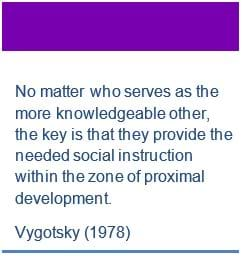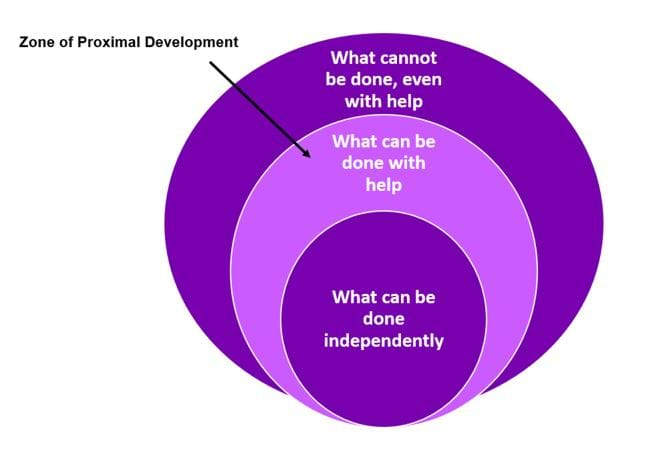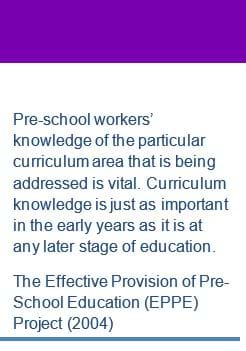Exploring Pedagogy - Introducing Lev Vygotsky

Lev Vygotsky was born in November 1896 in Orsha, Belarus which at the time was a part of the Russian Empire. The Vygotsky family were a middle-class Jewish family.
Vygotsky was home-schooled up to the age of 15 where he then attended a private Jewish school achieving a formal degree. In 1913 Vygotsky ‘won’ a place at the Moscow University through a ballot which allowed for a certain number of Jews to secure a university place. He initially studied medicine before transferring to law. Unfortunately he was unable to complete his studies due to unrest in the country at that time. Vygotsky resumed studies in 1924 at the Institute of Psychology in Moscow, achieving a degree in Psychology of Art, awarded in his absence as he contracted tuberculosis.
Vygotsky wrote six books over ten years on the subject of psychology; however, as a result of the Soviet Union’s censorship at the time, his work was not published widely until a considerable time after his death in 1934. He was 38.
Vygotsky focused on the importance of cultural influences and social interactions and how these impacted on children’s development, resulting in his sociocultural theory and ‘zone of proximal development’.

Vygotsky believed that children’s social interactions with others are essential for development and believed a child’s community plays a key role in enabling children to ‘make meaning’. This differs considerably from other theorists, Piaget for example, who placed less emphasis on social interactions and language believing all children go through the same stages of learning. Vygotsky believed social interactions and language are fundamental for cognitive learning and vary across cultures.
These social interactions with a ‘knowledgeable other’, enable children to develop their beliefs and values and problem-solving skills. Within this sociocultural theory sits Vygotsky’s Zone of Proximal Development.
The Zone of Proximal Development is the ‘zone’ or ‘gap’ between what a child or adult knows and can do, and what they do not know or cannot do. Filling this gap or moving out of this zone relies on the experience and support of a more knowledgeable or skilled person, or as Vygotsky put it, ‘a more knowledgeable other’.

In an early years provision this is our everyday work, when we help a child to put their coat on, when we offer experiences that shape learning or when we simply share our own knowledge and experiences. One of the overarching principles within the Early Years Foundation Stage (EYFS) states ‘children learn and develop well in enabling environments with teaching and support from adults…’ or, in other words, from a more knowledgeable other. It is however important to note here that the knowledgeable other could also be another child.
In 2004 the findings from the Effective Provision of Pre-School Education (EPPE) Project were published and included the importance of knowledgeable practitioners in early years settings and the importance of parental engagement to support learning.

The Ofsted Inspection Framework (2021) within the grade descriptors for the quality of education will seek to identify how providers ‘build on what children know and can do…’ or, in other words, what providers are doing to support children through their zone of proximal development.
How is Vygotsky’s Zone of Proximal Development evident in your practice? Are interactions between practitioners and children, and children and children, of a quality that promotes positive social interaction and therefore learning?
References
McLeod S. (2020) Lev Vygotsky's Sociocultural Theory [online] https://www.simplypsychology.org/piaget.html [Accessed 17-08-2021]
Ofsted (2021) Early Years Inspection Handbook for Ofsted Registered Provision [online] https://www.gov.uk/government/publications/early-years-inspection-handbook-eif/early-years-inspection-handbook-for-ofsted-registered-provision-for-september-2021 [Accessed 17-08-2021]
Sylva K et al (2004). The Effective Provision of Pre-School Education (EPPE) Project. Nottingham, Department for Education
Vygotsky, L. S. (1978). Mind in Society: The development of higher psychological processes. Cambridge, MA: Harvard University Press.


